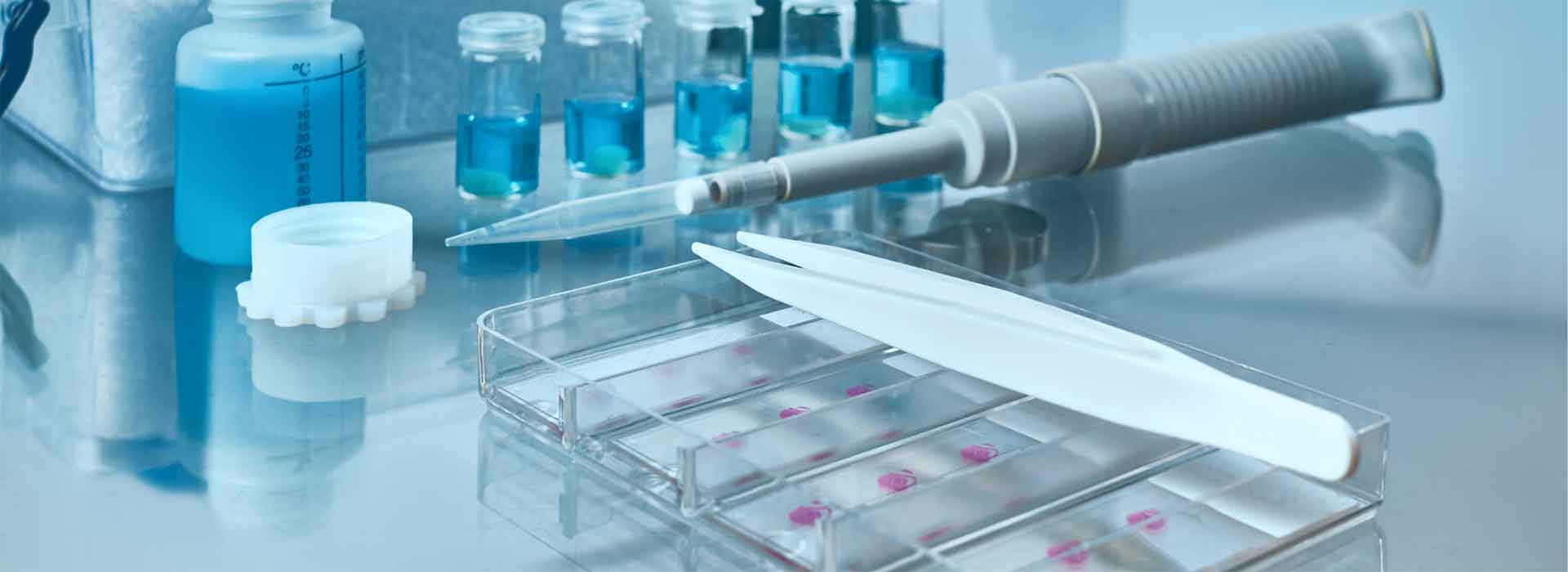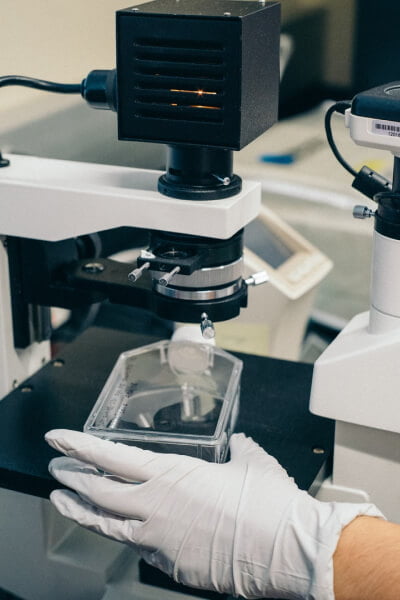
Home - Medical Grade Plastics Applications - Medical Plastics in Analytical Laboratory Equipment
Home - Medical Grade Plastics Applications - Medical Plastics in Analytical Laboratory Equipment
Modern laboratories are relied on for driving innovation, safeguarding health and engineering sustainable solutions in a variety of fields. And it’s the sophisticated analytical equipment deployed in these laboratories that makes that possible.
In the medical industry, analytical equipment is critical for disease research, creating the foundation for research breakthroughs, and offering translational capabilities so that those breakthroughs can be turned into practical diagnostic tools. Analytical equipment is also essential for biomarker discovery and phenomics and enables medical professionals to make accurate diagnoses and develop effective treatments.
Medical chemistry is another area where reliable analytical equipment is essential, as it assists with small molecule analysis, which drives pharmaceutical drug discovery, development, manufacturing and quality control. Manufacturing and quality control labs demand the most capable analytical equipment available to study more compounds in a shorter period of time. This equipment must be ready to reliably perform sample preparation, mass spectrometry and chromatography, among other processes.

This is an important function of laboratories in the food industry as well, where food producers, government oversight agencies and consumers must be confident in the safety of their food products. With tight regulations, trade market protection, brand reputation and an emerging number of food contaminants to be aware of, food testing systems must be on point.
Agrochemical and environmental solutions are developed through the use of laboratory equipment as well. Agricultural processes, industrial expansion and municipal waste put strain on the local environment, but laboratory technology allows those municipalities to detect potential threats to ecology and health and develop solutions to counter them.Analytical equipment drives these processes, and increasingly, laboratories are choosing equipment designed with polymers. And among polymers, it’s high-performance polymers like PEEK that make the most sense for challenging laboratory environments. This is why PEEK is an ideal option:
PEEK provides a high level of biostability. PEEK is used for implants and surgical instrumentation, so it is proven in this respect. Further, PEEK offers excellent chemical and corrosive resistance, so it can withstand repeated exposure to testing methods like high-pressure liquid chromatography, or HPLC.
2. PEEK components are compatible with all analytical methods
The demanding nature of all forms of chromatographic testing, including HPLC and UPLC, as well as mass spectrometry, require equipment materials that will not falter under high amounts of pressure. PEEK is characterized by its excellent response to extreme pressures, and therefore is an ideal choice for HPLC, UPLC and mass spectrometry processes.
3. PEEK components will not interfere with sampling
Accurate sampling is the lynchpin of proper laboratory analysis, and laboratories, whatever their focus, must handle high sample volumes. This places a burden on the analytical equipment. PEEK components, though, are entirely capable of interfacing with sampled materials without affecting its integrity or composition.
Compared to metal, PEEK is versatile, durable and economical. For medical laboratories, PEEK has obvious applications as a stable interfacing material.
Although it can be worked into almost any form, PEEK is most commonly fabricated into fittings, tubing, seals, ferrules, compression screws, spacers, rotors or stators.
Where stainless steel, titanium, aluminum and glass were once considered the only options for laboratory equipment, PEEK has overturned that conception. With its excellent chemical, biological and mechanical resistance, along with its economical and lower-weight advantages, PEEK is a clear winner in the lab.